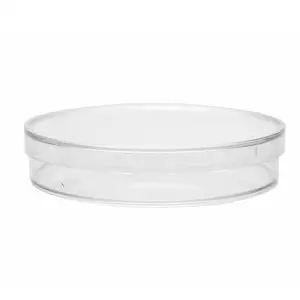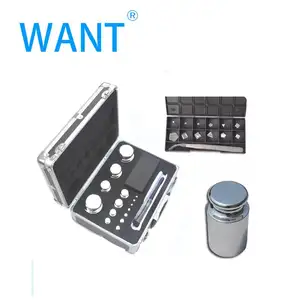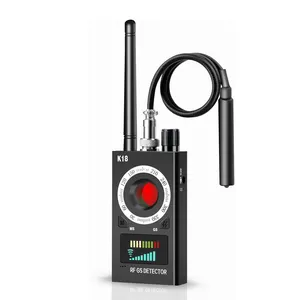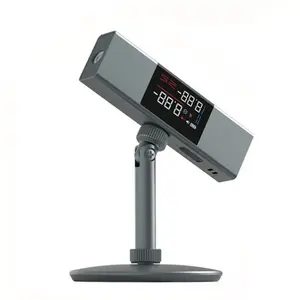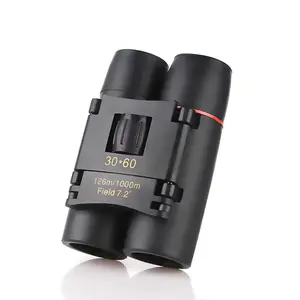Phổ biến trong ngành của bạn





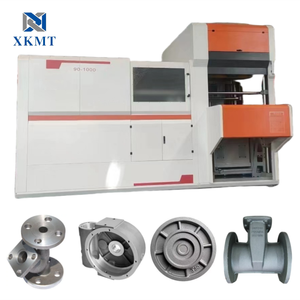


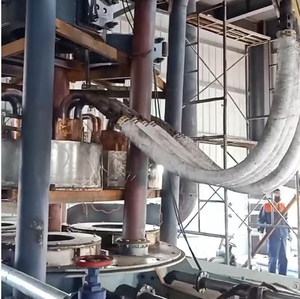


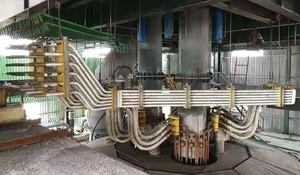


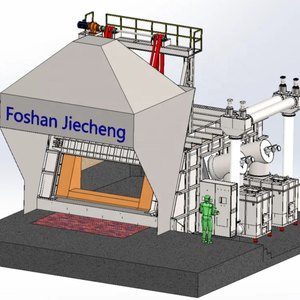



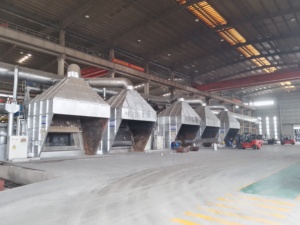
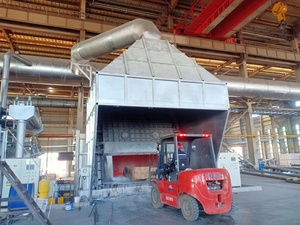

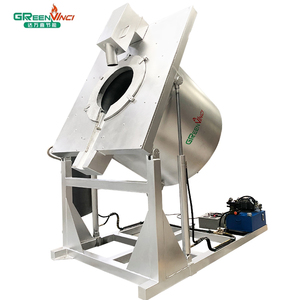
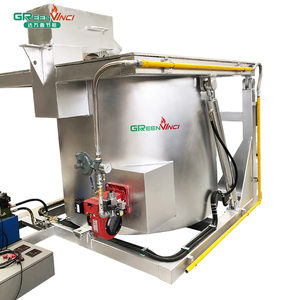





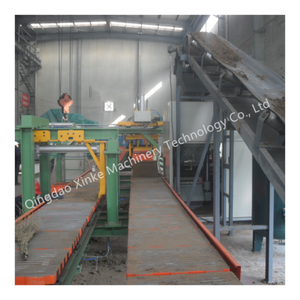
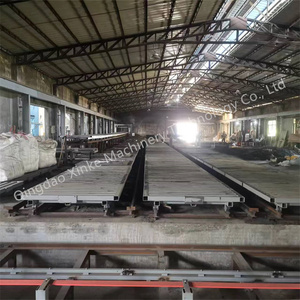
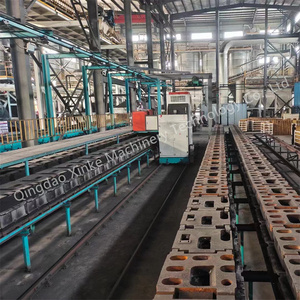

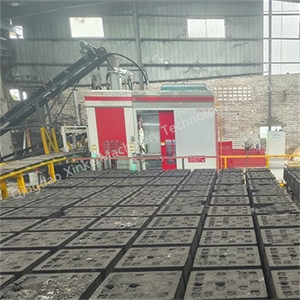



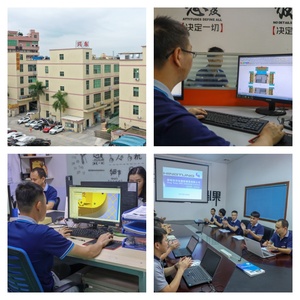


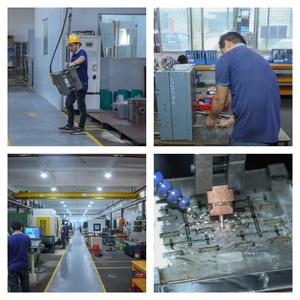








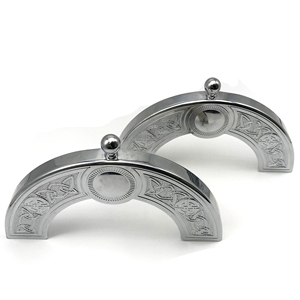

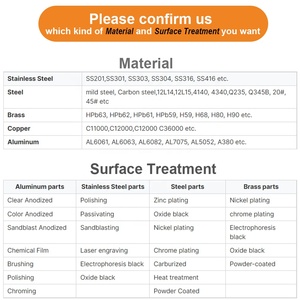
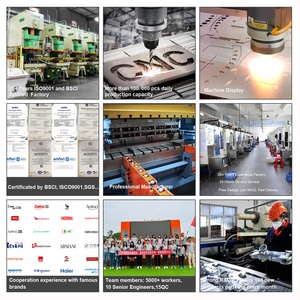

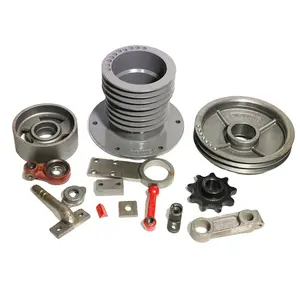







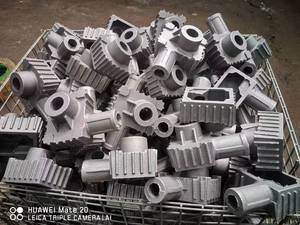







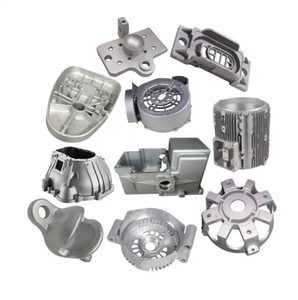
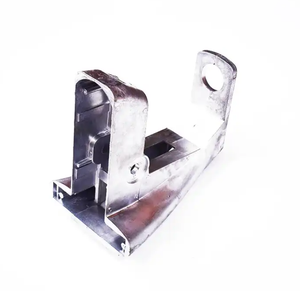




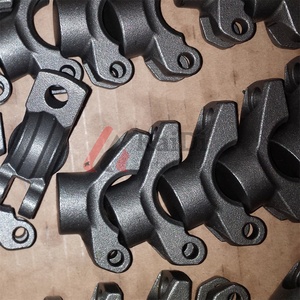

Các tìm kiếm liên quan:
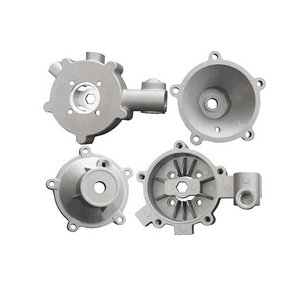






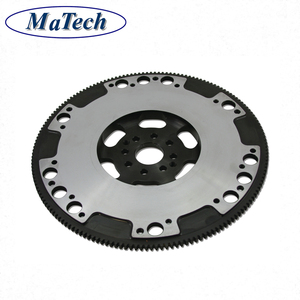



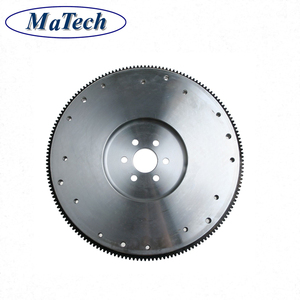



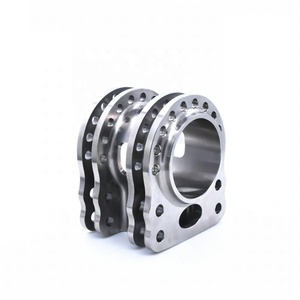
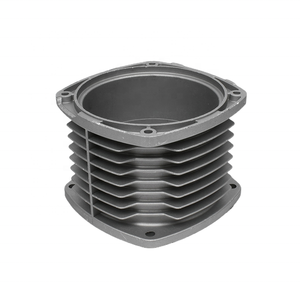
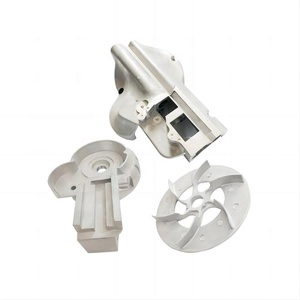



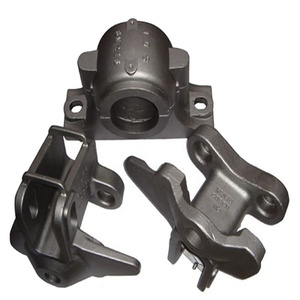


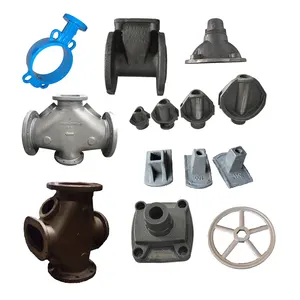

















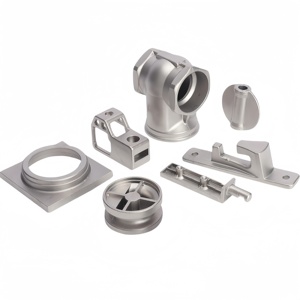


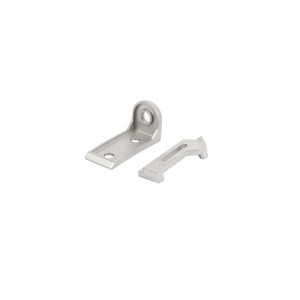











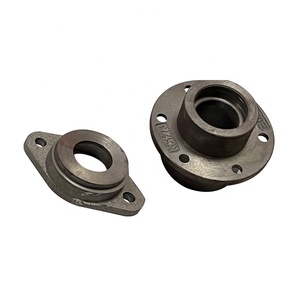
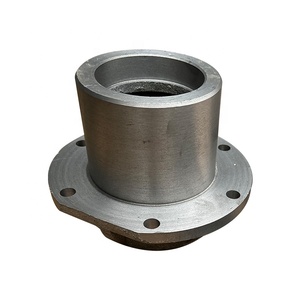






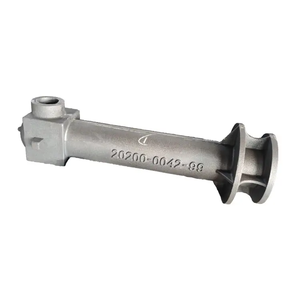


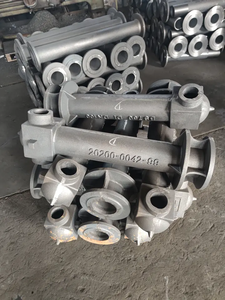





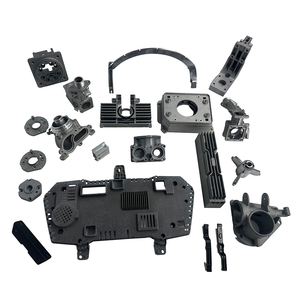




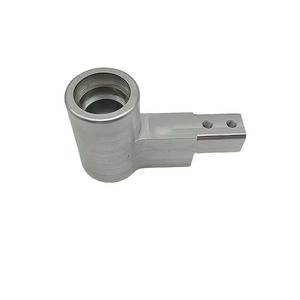
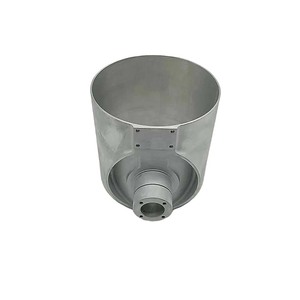








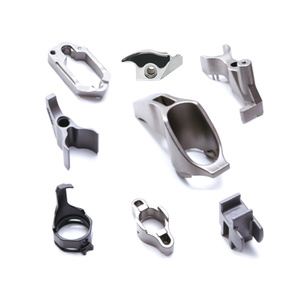












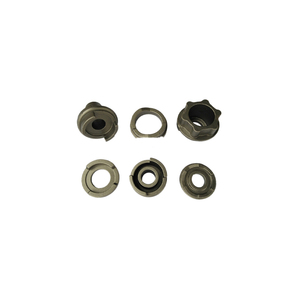

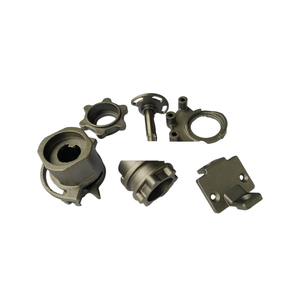







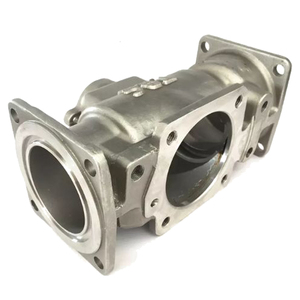






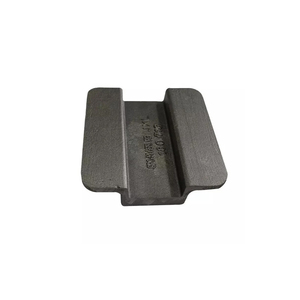


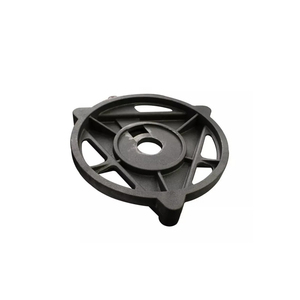




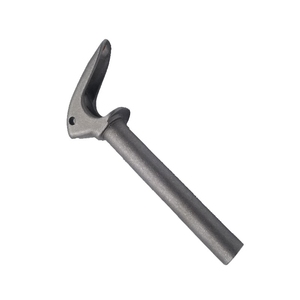











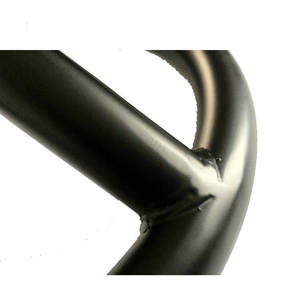
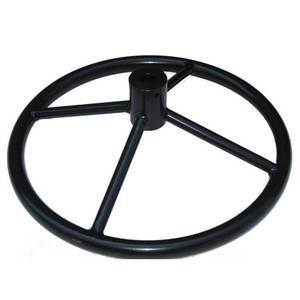
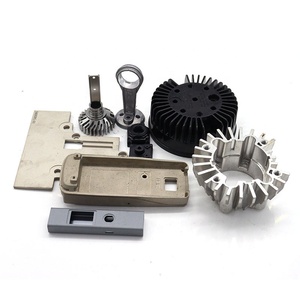


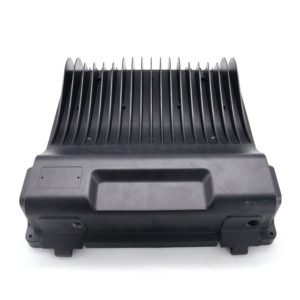






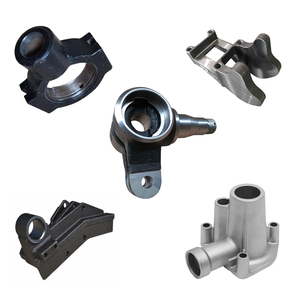
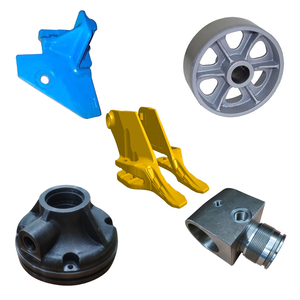








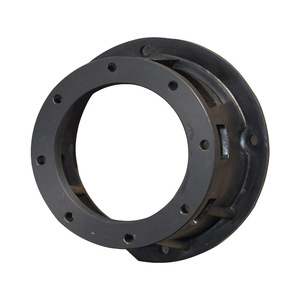


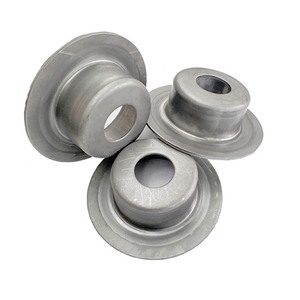
Các danh mục hàng đầu
Giới thiệu về đúc gang đúc chính xác
Khám phá đúc gang đúc chính xác bán buôn được thiết kế cho các nhu cầu thử nghiệm khác nhau. Nhiều keyword máy phân tích logic có sẵn sẽ hữu ích cho cả các công ty và cá nhân làm việc thường xuyên với thiết bị điện tử kỹ thuật số cũng như các mạch và hệ thống kỹ thuật số. Nhận thiết bị kiểm tra chất lượng như thế này sẽ giúp quá trình xác minh và gỡ lỗi cho các thiết kế kỹ thuật số hiệu quả hơn nhiều. Bằng cách thu và hiển thị nhiều tín hiệu từ hệ thống hoặc mạch kỹ thuật số, kỹ sư làm việc trên hệ thống có thể dễ dàng khắc phục sự cố phát sinh.
Có rất nhiều bút thử điện từ các thương hiệu hàng đầu rất dễ di chuyển và cũng thích hợp cho sử dụng cá nhân hoặc gia đình. Những chiếc bút này là công cụ quan trọng để kiểm tra nguồn điện trước khi bắt đầu bất kỳ công việc nào trên ổ cắm điện nhằm đảm bảo công việc điện an toàn. Các vật dụng như bút thử điện áp rất nhỏ và tiện dụng, và có một cái sẽ giúp đảm bảo an toàn khi làm việc với hệ thống điện. Nhiều keyword máy dò điện áp như thế được cung cấp với mức giá bán buôn ưu đãi.
Chúng tôi cung cấp đúc gang đúc chính xác từ một số thương hiệu nổi tiếng và hàng đầu. Thiết bị như đồng hồ kẹp amp thích hợp cho các phép đo dòng điện nhanh chóng và hiệu quả. Nó có thể được sử dụng để đo không tiếp xúc và là một công cụ đơn giản và hiệu quả để đo AC và DC. Đối với các sản phẩm chuyên dụng hơn như công cụ kiểm tra cáp quang, chúng tôi cung cấp máy đo phản xạ miền thời gian quang, còn được gọi là OTDR, được sử dụng để kiểm tra tính toàn vẹn của cáp quang. Với thiết bị như vậy, các kỹ sư có thể khắc phục sự cố một cách hiệu quả và làm việc trong việc bảo trì thích hợp các mạng viễn thông quang.
